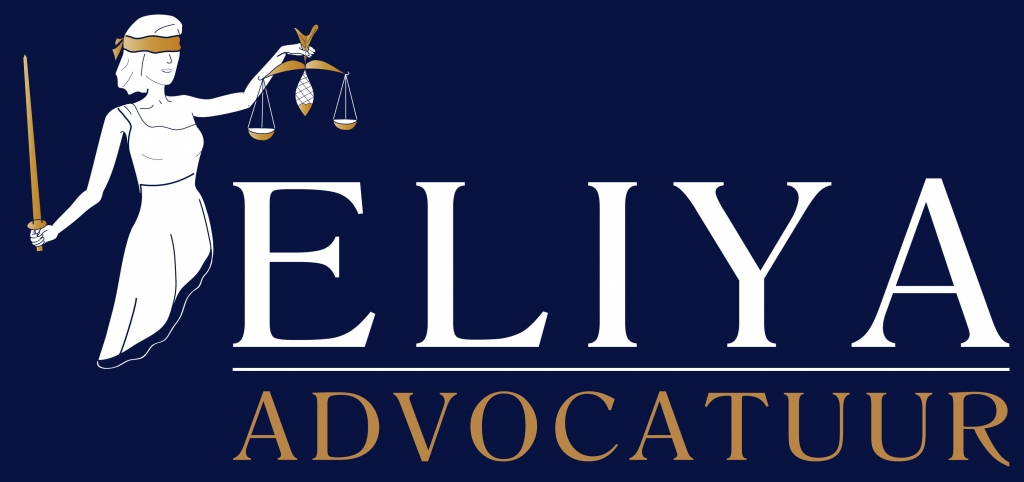When it comes to drafting legal documents, it’s essential to use language that is clear, concise, and legally accurate. One phrase that often pops up in contracts, agreements, and other legal documents is “set forth.” Specifically, you’ll often see the phrase “this agreement is set forth” at the beginning of a document. But what does it mean, and is it necessary? Let’s take a look.
First, let’s break down the phrase. “Set forth” essentially means to state or explain something in detail. When used in this context, it means that the agreement you’re about to read has been written out in detail and is being presented for your review.
So why do legal documents often begin with this phrase? One reason is tradition. Lawyers and legal professionals have been using this phrase for centuries, and it’s become a standard part of the language used in legal documents. But it’s not just about tradition – there’s also a practical aspect to it.
Using the phrase “set forth” at the beginning of an agreement signals to the reader that what follows is the entire agreement, and nothing has been left out. It’s a way of saying, “Hey, we’ve covered everything here, so you can be confident that you’re reading the complete agreement.” This can be particularly important in legal situations, where even small omissions can have significant consequences.
However, it’s worth noting that using the phrase “set forth” isn’t strictly necessary. You can certainly write an agreement without it and still convey the same meaning. In fact, some legal experts argue that using overly formal language like “set forth” can actually make legal documents harder to read and understand.
So, what’s the bottom line? If you’re drafting a legal document and want to use the phrase “this agreement is set forth” at the beginning, go ahead – it’s a perfectly acceptable way to signal to the reader that they’re reading the entire agreement. But if you’d prefer to skip it and keep your language more straightforward, that’s perfectly fine too. Just make sure you’re clear, concise, and legally accurate in the language that you use.












